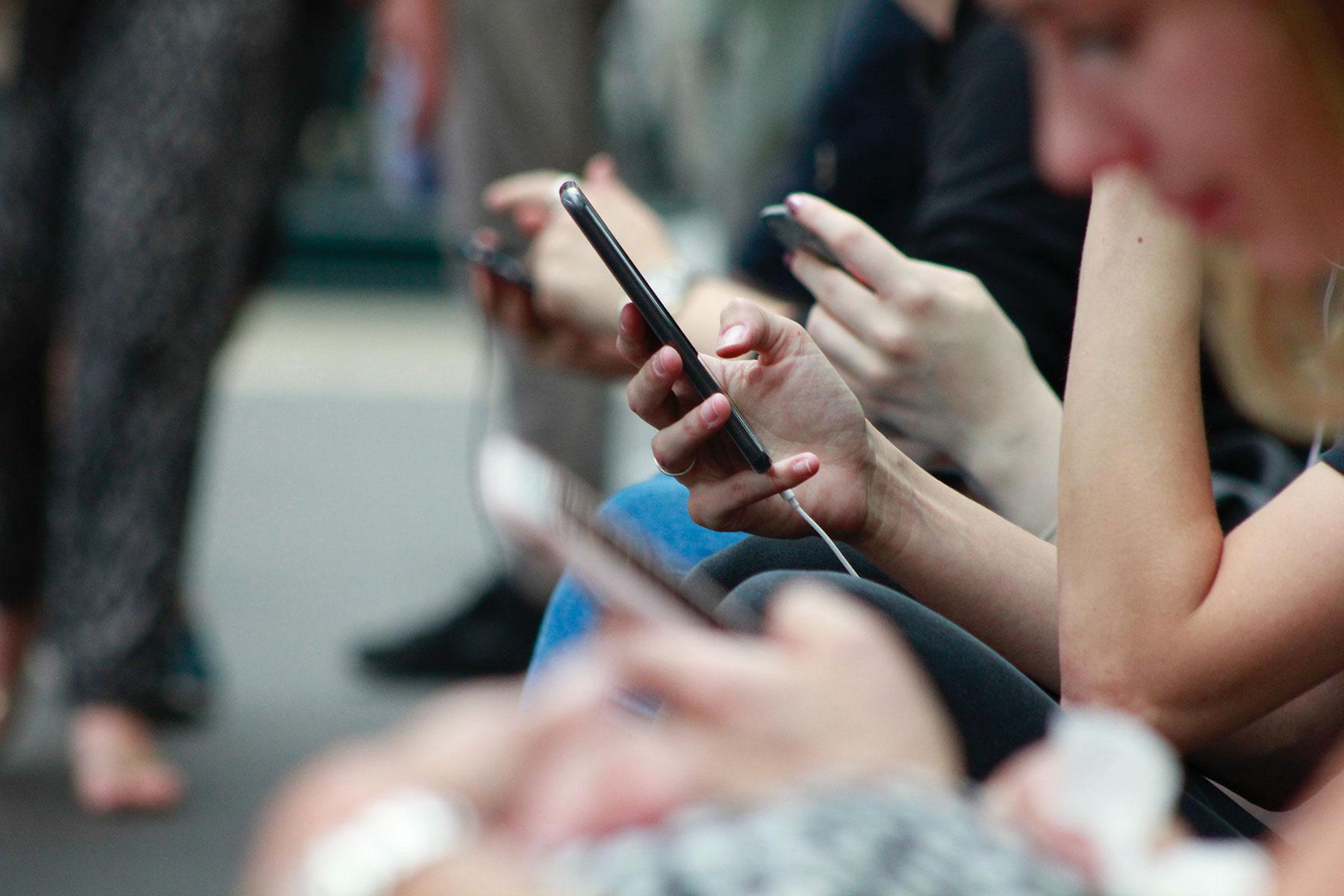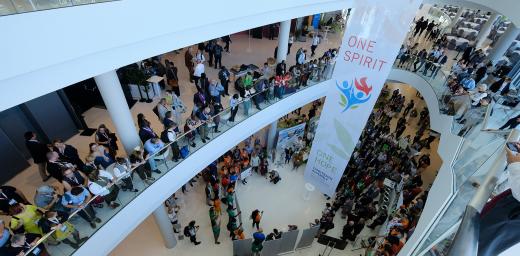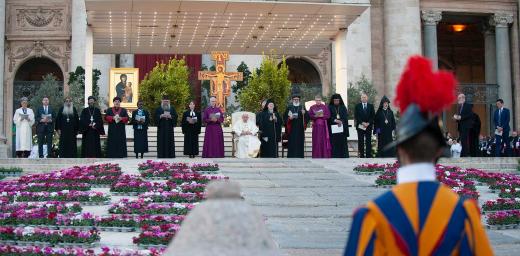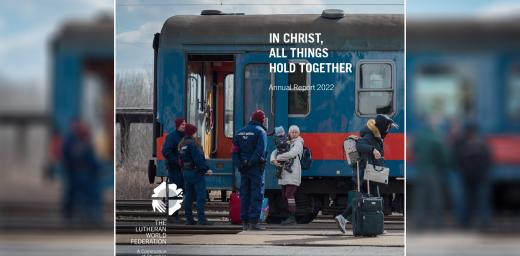Between faith and fake news

Mobile devices have become the key source of information, more and more replacing traditional media. Photo: Unsplash
LWF webinar on “Truth-Telling and Resisting ‘Disinfodemic’” discusses media literacy in the church
(LWI) - More understanding of social media tools, and more cooperation between faith communities and civil society is needed to counter the flood of fake news and the subsequent polarization of the public discourse. This was the conclusion of a webinar on “Truth-Telling and Resisting ‘Disinfodemic’” on 27 October. The webinar took place during the Global Media and Information Literacy week with the theme: “Resisting Disinfodemic: Media and Information Literacy for Everyone and by Everyone”
Moderated by Rev Dr Sivin Kit, Program Executive for Public Theology and Interreligious Relations of the Lutheran World Federation (LWF), theologians and a journalist from Christian and Muslim backgrounds analyzed current challenges of social media in the public discourse, as well as the responsibility and the possibilities of faith communities to address them.
Nonsense gets the most clicks
“We need to understand the logic of the algorithms which govern the digital world,” said Bishop Prof Dr Heinrich Bedford-Strohm of the Evangelical Lutheran Church in Bavaria and Chair of the Council of The Evangelical Church in Germany. “Social media algorithms are programmed towards making money” Bedford-Strohm said, explaining that the value being traded was the attention of those engaging with social media. As “nonsense, hate and extreme content” are the most viewed online, algorithms amplify this content. “People start living in a parallel reality,” Bedford-Strohm said.
Prof Anita L. Cloete, theologian at the Stellenbosch University, South Africa, also addressed the issue of authority. “We are not the same people online, as we are in real life”, she said. “In this space, it’s not important what is true, but what is popular.”
We were all stressed, we were all suffering, and we were all online.
Dina Zaman, journalist and researcher at IMAN research in Malaysia, also recounted the use of social media to further government agendas and fuel resentments against minority groups. She said the COVID-pandemic had been accompanied by increased spreading of hate and fake news online: “We were all stressed, we were all suffering, and we were all online”.
Learn to discern
All panelists agreed that the current state of affairs is eroding public discourse, and that the virtual world of extreme content and “fake news” has real-life impact. The most striking examples came from Dina, who as a former journalist had insight into the media landscape in Malaysia.
Countering extreme narratives was difficult, Dina said, especially among younger people. “We need to read,” she said, “But books are expensive in Malaysia. Therefore, people tend to get their information from what is offered freely on the internet.”
The sheer amount of available information was also part of the problem, Prof. Cloete from South Africa noted. “How do we discern in a world flooded with information?” she asked. As fewer people used traditional media, everyone needed to be competent in judging the content they see for themselves. She also called for promoting classical media, to a generation, which does not watch regular news any more.
Bishop Bedford-Strohm advocated for the church to promote quality journalism. “We need gatekeepers, who sort out information. We need journalists who are able to give us trustworthy information,” he said, calling church investment into quality journalism a “part of public theology”.
Form a global alliance
Faith-based organizations and faith communities do not only have the responsibility, but also many options to work against the polarization of information, the panelists agreed. Part of it was a much better understanding of the different channels and tools. More exposure to different cultures, and an education focused on reading, critical thinking and discerning the manipulation of language were the possibilities mentioned by journalist and researcher Dina.
“This digital revolution is neither something we should celebrate, nor something we should condemn”, Bedford-Strohm emphasized. Instead, he asked for a global approach to “make digitalization socially responsible”, calling churches the “ideal agents of a global civil society”. Rooted in local parishes, with a close connection to people's lives, and sharing a common horizon, the church is called to “build alliances for the whole world”, together with other faiths and civil society organizations. The goal is to again put human dignity and human rights as a shared value, at the center.
Truth, trust and humanity
In his closing remarks, Bishop Gilbert Filter, of the Evangelical Lutheran Church in Southern Africa (Cape Church) reminded participants of the responsibility of the church to “speak truth that empowers for life”, and met the trust invested by people with a sense of accountability.
“The reason why people turn to the internet and fake news is because they feel that the state has failed them, this is a gap which we can address,” Dina said, speaking from the Muslim context in Malaysia. “We need to help people make sense of the craziness that’s going on. We need a lot of healing right now.”





